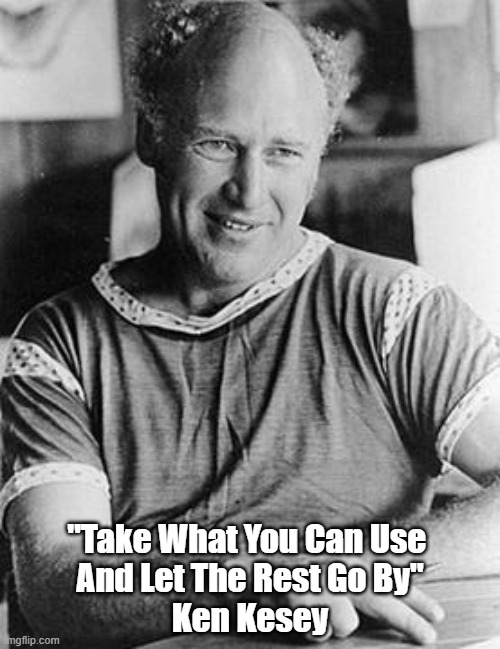"Limpiar los huesos de los familiares difuntos, así honran a la muerte en Campeche": https://www.animalpolitico.com/2019/11/limpiar-huesos- muertos-tradicion-campeche/
Have you seen "Coco" yet?If not, I strongly recommend it.Dear David,
Here are some resources that may help you re-contextualize your increasingly sour view of religion (which I share, at least here in the United States of Barbaria.)
"The Phenotypic Expression Of Religion Matters More Than Its Dogmatic Genotype"
http://paxonbothhouses.
blogspot.com/2012/02/the- phenotypic-expression-of- religion.html (N.B. I wrote this post in 2012, so there's been a lot of water under the bridge since.)
I cannot cite Jung's precise reference, but he is very clear that the "religious instinct" is deeper than the "political instinct."
And although I may now embroider somewhat, I think I am faithful to Jung's essential view.
Jung sees that the fundamental crisis of the 20th century (perhaps the fundamental crisis) is that - en masse - humankind displaced the contents of the "religious instinct" into the repository of the "political instinct."
But since the "channel" in which the religious instinct naturally flows is immeasurably deeper than the "channel" where the political instinct "resides," it is as if the "religious energy" which was previously held-and-contained by the "bottomless" channel of the "religious instinct" could not be held nor contained by the relatively shallow channel of the "political instinct."
And so, that uncontainable tsunami of displaced religious energy overflowed its new "political banks," and ever since humankind has lived in perpetual "flood state" with a riotous surfeit of supercharged energy having no "proper" place to "settle."
A companion piece to these thoughts (and to my observations about religious genotype/phenotype) is the work of Spanish philosopher Ortega y Gasset whose direct pertinence to this overarching topic I tried to summarize in the following post:
Is Ortega Y Gasset The Most Important Modern Philosopher? The Most Discerning Prophet?
https://newsfrombarbaria.
blogspot.com/2020/09/is- ortega-y-gasset-most- important.html I hope some of this proves useful.WikiquotePS I think I've told you about my late-night walk with Ken Kesey on the streets of Berkeley (Addison?... North Berkeley, up toward Albany). If not, the content of that conversation may prove useful. It might be fruitful to probe again even if we've been down that road.PPS I don't think it is "accidental" that my psyche always feels more centered -- more real -- when I'm in Latin America (particularly Mexico) where the whole psycho-social-cultural metier is fundamentally "religious" (... I believe - etymologically -- from "re-ligare", meaning to "re-ligate" or "re-connect") - even though it is perfectly clear that the 90 year old campesina-india lying prostrate on the stone floor of a side altar dedicated to some obscure saint, is both foreign to me, but also, somehow -- self-evidently -- "home." If I recall correctly, "heimgang" is a transliteration of Old Norse for "death" - literally, "homegoing." Graham Greene has a wonderful autobiographical vignette about such an encounter, watching a devout old woman (from behind) in "any old church" deep in the Mexican campo.
On Thu, Jul 22, 2021 at 2:12 AM Ed M wrote:
Alan,I looked over your links but don’t know WHAT you are referring to as “this explanation of religion”* (¿Hello?)Ed*See if this explanation of religion makes sense to you. (It doesn't matter if you agree... but rather, is it sensible?)Sent from my iPhone
Thanks for your email.


No comments:
Post a Comment